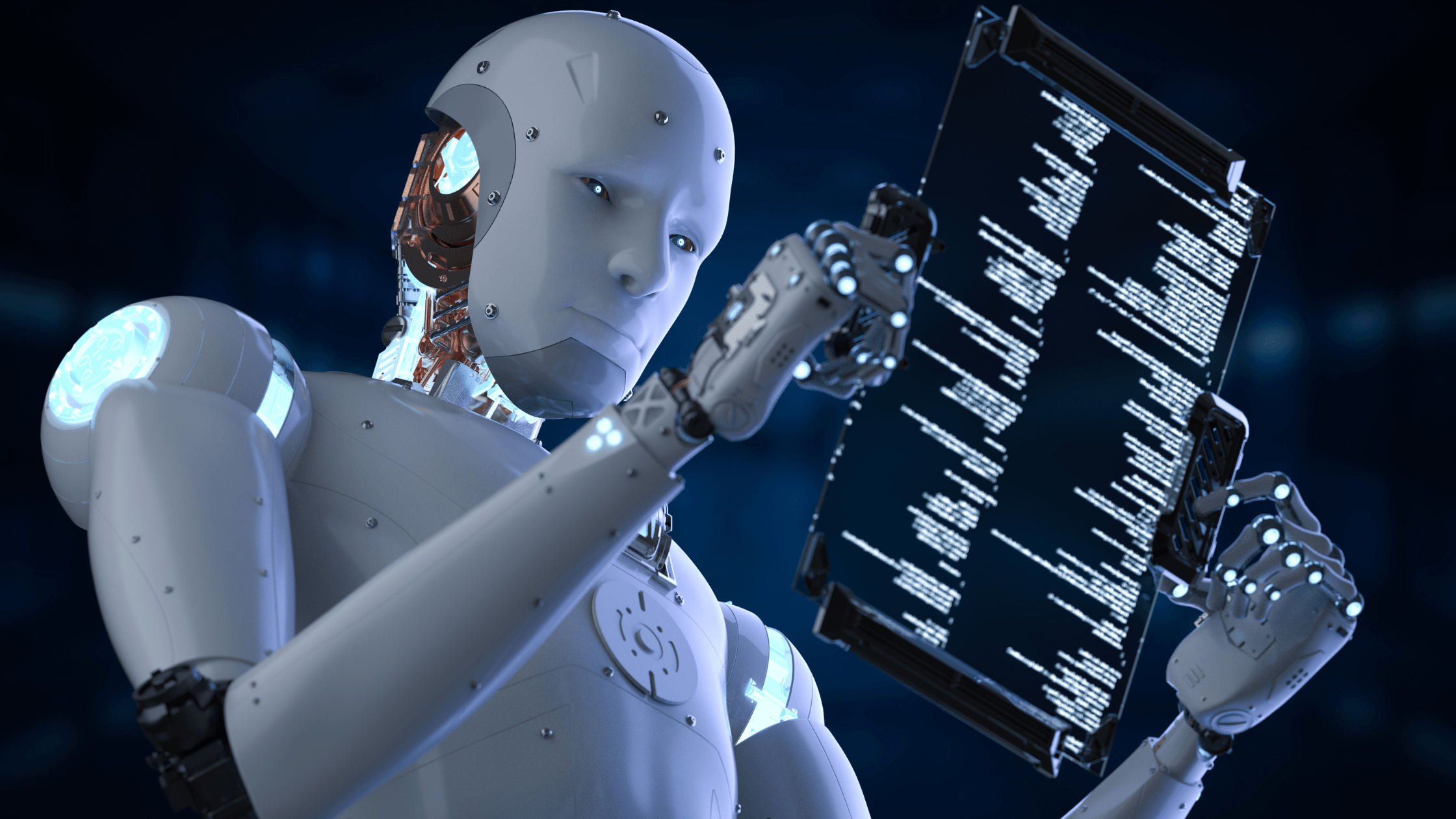
AI recruitment is transforming the hiring landscape, streamlining processes that once took days into mere moments. Companies are leveraging advanced algorithms to sift through hundreds of resumes, predict employee retention, and match candidates to job descriptions with remarkable speed. Yet, beneath this technological marvel lies a significant flaw: AI often misses the bigger picture and the potential of candidates.
At Rekkruut, we recognize that a resume tells only part of a candidate’s story. While AI can efficiently identify individuals who meet specific qualifications, it struggles to discern vital traits that can determine long-term success, such as adaptability, a desire to learn, and the capacity for growth beyond their current capabilities.
The Pitfalls of Perfection in AI recruitment
The allure of the “perfect candidate” can be intoxicating. Many organizations fall into the trap of seeking individuals whose skills and experiences precisely align with their job descriptions. AI recruitment excels in this area, generating neat lists of potential hires based on keyword matches and predefined criteria. However, this approach risks overlooking candidates who, despite not ticking every box, possess immense future potential.
Consider this: opting for someone who already seems to have all the answers can stifle innovation within a team. When every new hire mirrors the last, organizations risk creating an echo chamber—an environment where fresh ideas struggle to take root.
In contrast, bringing on individuals who display a genuine drive to grow and learn can lead to what is known as recombinant innovation. This is where people from diverse backgrounds come together to create novel solutions, a phenomenon AI recruitment simply cannot capture.
Fostering Employee Growth for Lasting Success
History has shown that the most successful employees may not always fit the “ideal” mold when they first walk through the door. With the right support and nurturing environment, these individuals can thrive, challenge the status quo, and evolve into key players on their teams.
By prioritizing employee growth over the pursuit of an ideal candidate, companies cultivate a culture of adaptability and continuous learning. This approach not only helps organizations navigate change but also positions them as leaders in their industries.
AI’s Role in Reducing Bias—And Its Limits
One undeniable strength of AI recruitment is its ability to mitigate human bias. Traditional hiring methods are often fraught with unconscious biases related to gender, ethnicity, or age. AI, functioning purely on data, promises to level the playing field and foster a more inclusive hiring process.
However, while AI can help reduce bias, it may also overlook the complexities of building dynamic teams. By relying heavily on rigid criteria, AI can filter out candidates who may not fit traditional qualifications yet bring unique perspectives that enrich team dynamics. This is especially concerning for diversity hires—those who may not conform to typical profiles but offer diverse experiences and ideas.
The Case for Diversity in Teams
Research consistently indicates that diverse teams drive better outcomes. Teams composed of individuals from varied backgrounds and skill sets approach problems with creativity and innovation that homogeneous groups often lack. By focusing solely on finding the “perfect fit,” AI recruitment can inadvertently exclude candidates who could offer invaluable contributions.
To maximize the benefits of AI in hiring, organizations must view it as a tool rather than the ultimate decision-maker. Balancing the efficiency of AI with human judgment allows businesses to evaluate not just what looks good on paper but also how a candidate’s unique qualities might drive long-term success and innovation.
The Human Touch in Recruitment
Despite its many advantages, AI has limitations, particularly when it comes to understanding the nuances of human behavior. The technology struggles to assess critical soft skills like emotional intelligence, resilience, and teamwork—qualities that often set exceptional candidates apart.
Relying too heavily on AI can lead to the exclusion of individuals who possess these vital traits, resulting in a missed opportunity for both the candidate and the organization.
Avoiding Blind Spots in Hiring Practices
Exclusively relying on AI-driven processes can create blind spots in hiring. If new hires come from similar backgrounds and experiences, organizations risk falling into groupthink. In contrast, diverse teams—built on a foundation of varied skills and perspectives—have proven to be more innovative.
In many cases, the most valuable candidates aren’t those who check every box but those who challenge the norm and bring fresh ideas to the table. This diversity of thought can propel organizations toward real progress.
Building a Future-Focused Workforce
At Rekkruut, our mission goes beyond streamlining the recruitment process; we aim to enhance it. The future of hiring should not solely focus on finding the perfect fit for today’s needs but rather on identifying individuals with the potential to become tomorrow’s leaders and innovators.
Nurturing employee growth leads to teams that continually evolve and drive business success, rather than stagnate in established roles. The best hires are often those eager to learn, grow, and contribute in unexpected ways.
So, as you embark on your next hiring journey, consider this: instead of asking, “Who’s the perfect fit?” shift your perspective to, “Who could this person become with the right support and development?”
That’s where true success lies.
Ready to transform your strategy? Sign up for our waiting list today and experience the future of hiring with Rekkruut.
Have questions? Reach out to us on LinkedIn!


